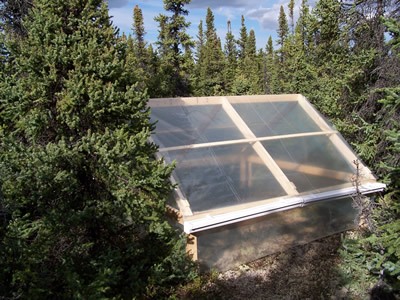Planets
By the current count of astronomers, our solar system includes 8 planets and 5 dwarf planets. The planets were formed during the process of solar system formation, when clumps began to form in the disk of gas and dusk rotating about our young Sun. Eventually, only the planets and other small bodies in the solar system remained. The four rocky planets at the center of the solar system Mercury, Venus, Earth, Mars, are known as the inner planets. Jupiter, Saturn, Uranus, and Neptune are all composed primarily of gas and are known as the outer planets. Find out more about the planets through the links below.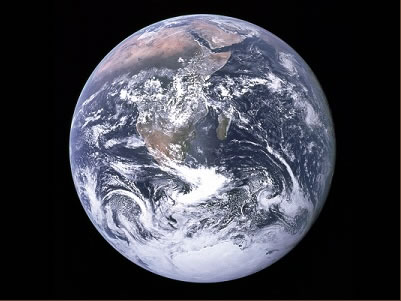
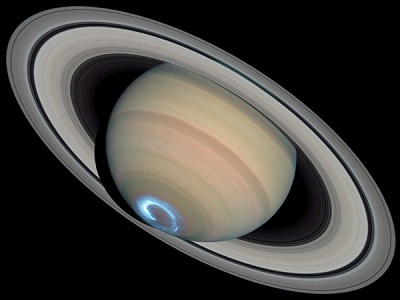
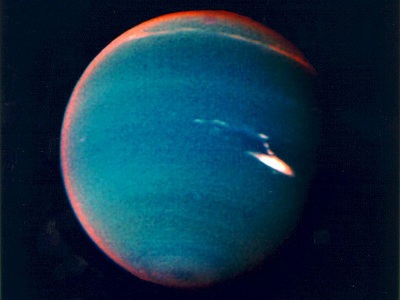
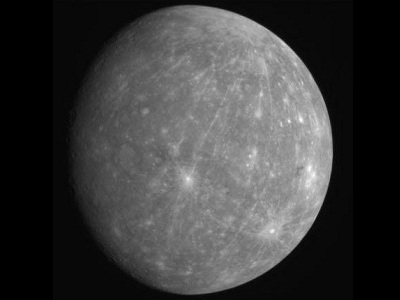
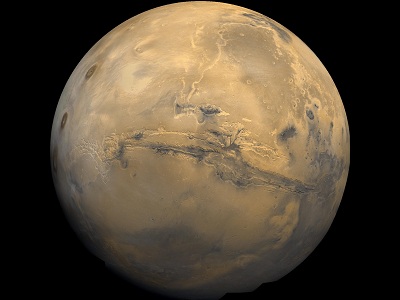
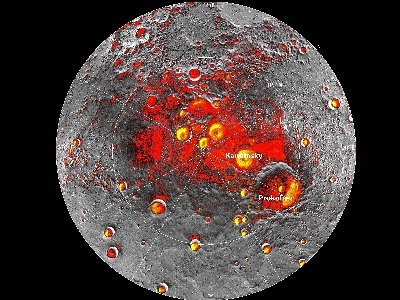
Please log in
Science Blogs
Real Climate: climate science from climate scientists

Windows to the Universe, a project of the National Earth Science Teachers Association, is sponsored in part is sponsored in part through grants from federal agencies (NASA and NOAA), and partnerships with affiliated organizations, including the American Geophysical Union, the Howard Hughes Medical Institute, the Earth System Information Partnership, the American Meteorological Society, the National Center for Science Education, and TERC. The American Geophysical Union and the American Geosciences Institute are Windows to the Universe Founding Partners. NESTA welcomes new Institutional Affiliates in support of our ongoing programs, as well as collaborations on new projects. Contact NESTA for more information.






